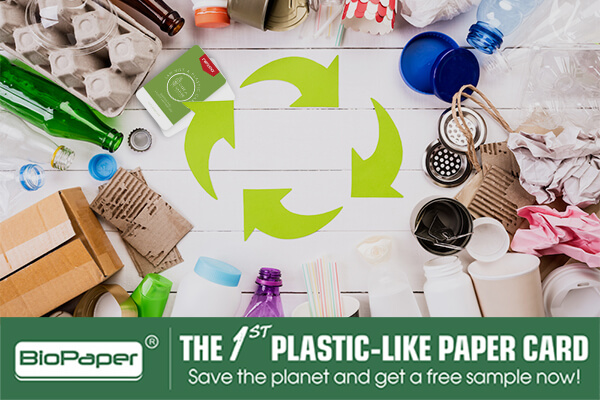To curb environmental pollution caused by plastics, people are now embracing eco-friendly alternatives to plastics. Avoiding plastic can be pretty challenging in our plastic-filled world. Finding alternatives to common items like plastic packaging and plastic bottles is increasingly becoming easier and popular. Our daily life is filled with this versatile material that is in our clothing, appliances, computers- just to mention a few. What can one use?
-
Glass
Glass is an inexpensive, inert, and infinitely recyclable material even though not biodegradable. Glass jars can be upcycled into food storage at no cost and give your food packaging new life since many food items come packaged in glass. These jars can be added to your no-waste toolkit for shopping from the bulk bins mostly jars from nut butter, jam, pickles, and honey. These glass jars can also be turned into homemade gifts after decoration and when repurposed they can store leftovers and homemade drinks.
-
Wood
Wood can replace plastic household items like kitchen utensils, cleaning brushes, and cutting boards.
-
Stainless steel
In recent years, stainless steel options for reusable food and beverage storage have multiplied. These are tough and easy to clean and one can replace kitchen storage, single-use cups, lunch boxes, and more with this durable metal.
-
Bamboo
A woody grass that is a native plant to tropical regions, bamboo, is a fast-growing renewable resource that can replace plastic in items like drinking straws and tableware. Bamboo products are durable, lightweight, resistant to rot, luxurious textiles, and compostable.
-
BioPaper
Increasingly gaining its popularity, BioPaper is one of the best alternatives to plastics. Why? It is a woodless paper that is eco-friendly in its manufacture and disposal. BioPaper is highly durable, waterproof, and heat resistant. Products made from BioPaper like cards can withstand constant handling and have an appealing aesthetic appeal as the paper can be printed on.
-
Natural fiber cloth
Natural fiber cloth is made from sustainable clothing from hemp, organic cotton, bamboo, or wool. These can replace plastic bags and won’t shed plastic fibers when washed. For children’s toys, household containers, recycled or felted wool is the best material as it is safe, compostable, and versatile.
-
Pottery and other ceramics
These offer a waterproof and stable alternative that is good for tableware and food storage. These are inexpensive, easily available, and extremely hard alternatives. Glazed ceramics products don’t stain.
-
Bagasse
Bagasse is a by-product of sugarcane, a renewable plant, that is a great raw material to make products including tableware such as plates, containers, clamshells, and bowls. These products are 100% compostable and biodegradable. For packaging materials suitable for food service and delivery, bagasse can be easily molded to suit this due to its stickiness and malleability.
-
Silicone food bags
If one didn’t have to throw out plastic sandwich bags, there is so much trash that one can avoid accumulating. Made from 100% pure platinum silicone, these storage food bags are non-plastic, fully functional, and self-sealing. They are also leakproof and airtight.
-
Compostable trash bags
A lot of focus should be put on trash bags as they are made of plastic. Over the last few years, the usage of plastic garbage bags has increased steadily. Compostable trash bags with no plasticizers whatsoever can be made from potato starch. These will actualize the goal of saving the environment.
See what product we’ve developed to replace the plastic cards here.
.png)
